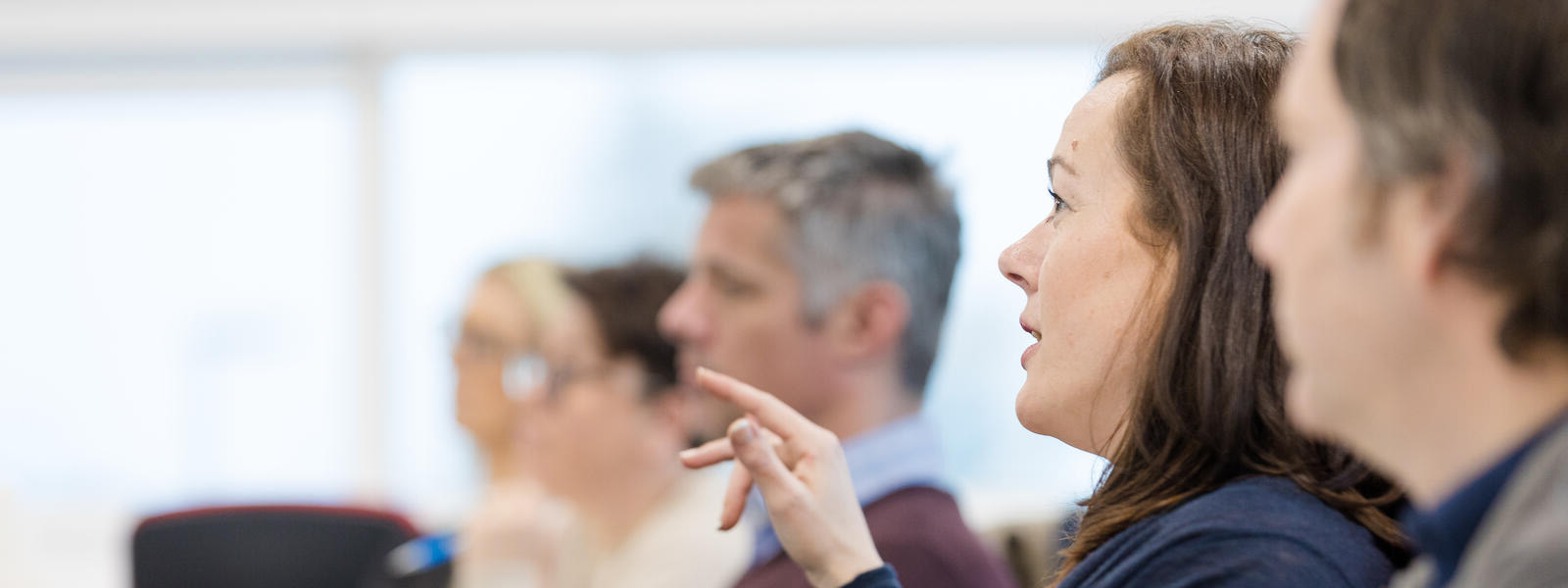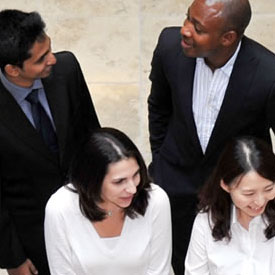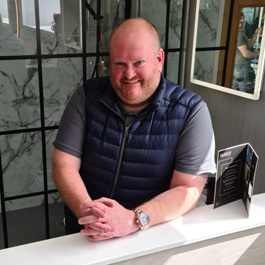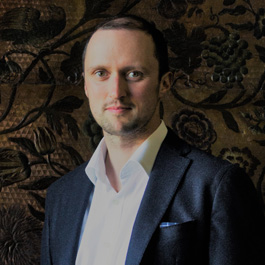
Cumbria Forum
A four-month online programme that allows the time and space to step away from the day-to-day and focus on building an Organisation for the Future.

About the Programme
This is a historic programme that was funded by ERDF between 2014 and 2020. For further information about other business development opportunities please get in touch with us.
The Cumbria Forum, as part of the Cumbria Growth Hub, is designed to help leaders of Cumbria-based SMEs who want to build businesses which focus on both profit and purpose.
As businesses start to move on from the immediate effects of the pandemic and the end of the Brexit Transition Period, it is time to look to the future. In that future, the old ways of doing business will not be enough. Organisations of the Future need to be responsible - not only to their employees and customers, but also to society and the planet. These are the success measures against which consumers and stakeholders now judge companies.
Covering topics such as business resilience, innovation and leadership, under an overarching theme of Responsible Recovery, the Cumbria Forum is delivered online in a safe and trusted peer-learning environment over four months.

Programme Elements
The Cumbria Forum starts with two consecutive days and an overnight stay delivered face to face to kick start the trusted relationships which will accelerate learning amongst the group. The subsequent workshops will be delivered via an online platform, ending with a final face to face Action Focused session. The programme includes two sessions per month, interspersed with a facilitated peer consultancy process to apply learnings to your business. The focus on practical learning means there are no formal assessments.
Setting the strategic context
A 2-day Programme Induction to build trust and start the challenge.
Identifying growth opportunities
Online Interactive workshops that include business resilience, innovation and leadership, under an overarching theme of Responsible Recovery.
Facilitated learning journey
Learn from leading business experts and world-class academics at Lancaster University Management School.
Peer Consultancy
Take part in a peer-consultancy activity to gain fresh insights to your business strategy
Masterclasses
Access Masterclasses and Leadership Insights from world-class speakers.
The Benefits
The Cumbria Forum will help you to develop a plan for a business which is not just economically successful, but is also socially and environmentally responsible. With the support of the programme’s peer network and the challenge of the University and leading business experts, you will forge a clear path to turn your business into an Organisation for the Future.
Amy Scott, Director at Cyclewise, explains why the Cumbria Forum was right for the business and how the programme supported their growth plans.
"This programme is a fantastic opportunity for growth orientated small and mid-sized companies in Cumbria, helping them grow skills and confidence in equal measure." - Ewan Pullan, Programme Manager

Costs & Apply
This programme is fully funded and available to businesses which are eligible under the European Regional Development Fund (ERDF) criteria, as follows:
- Based in Cumbria
- Employ fewer than 250 full-time equivalent (FTE) employees
- Annual turnover of less than €50 million (or the equivalent in GBP)
- Received less than €200,000 of de minimis State Aid in the last 3 years.
Find out more about how and why Lancaster University and our funding bodies holds your information.





